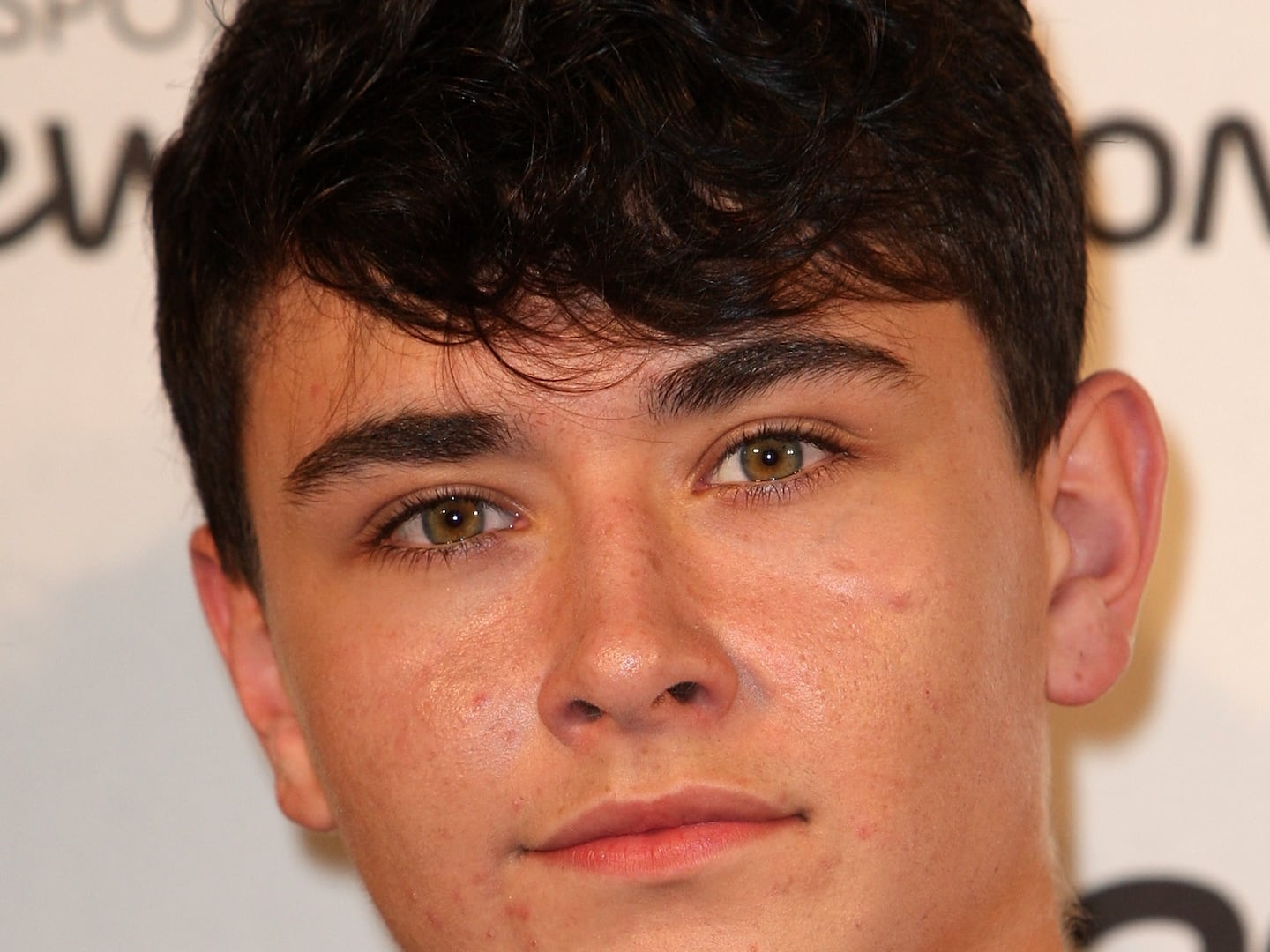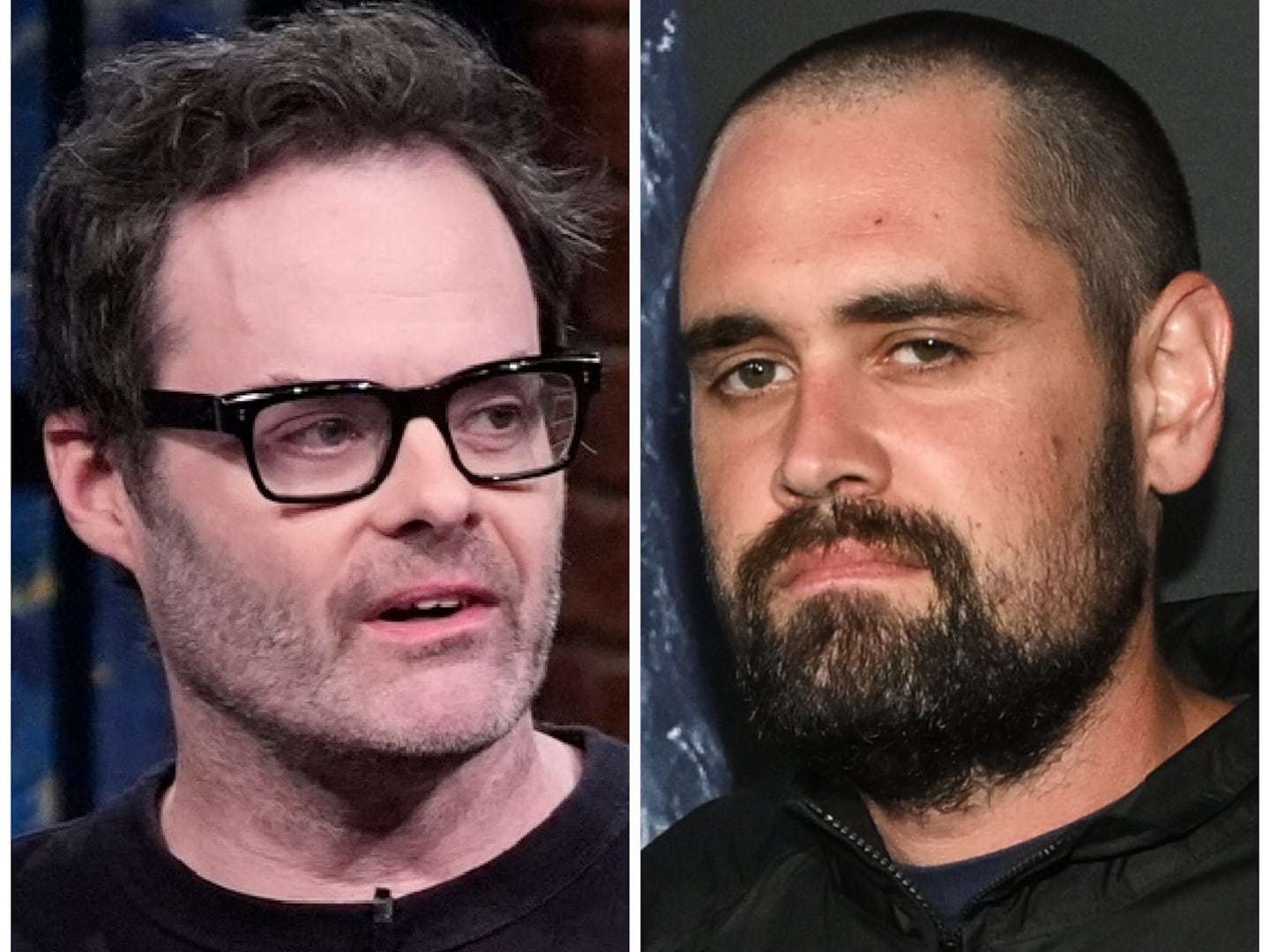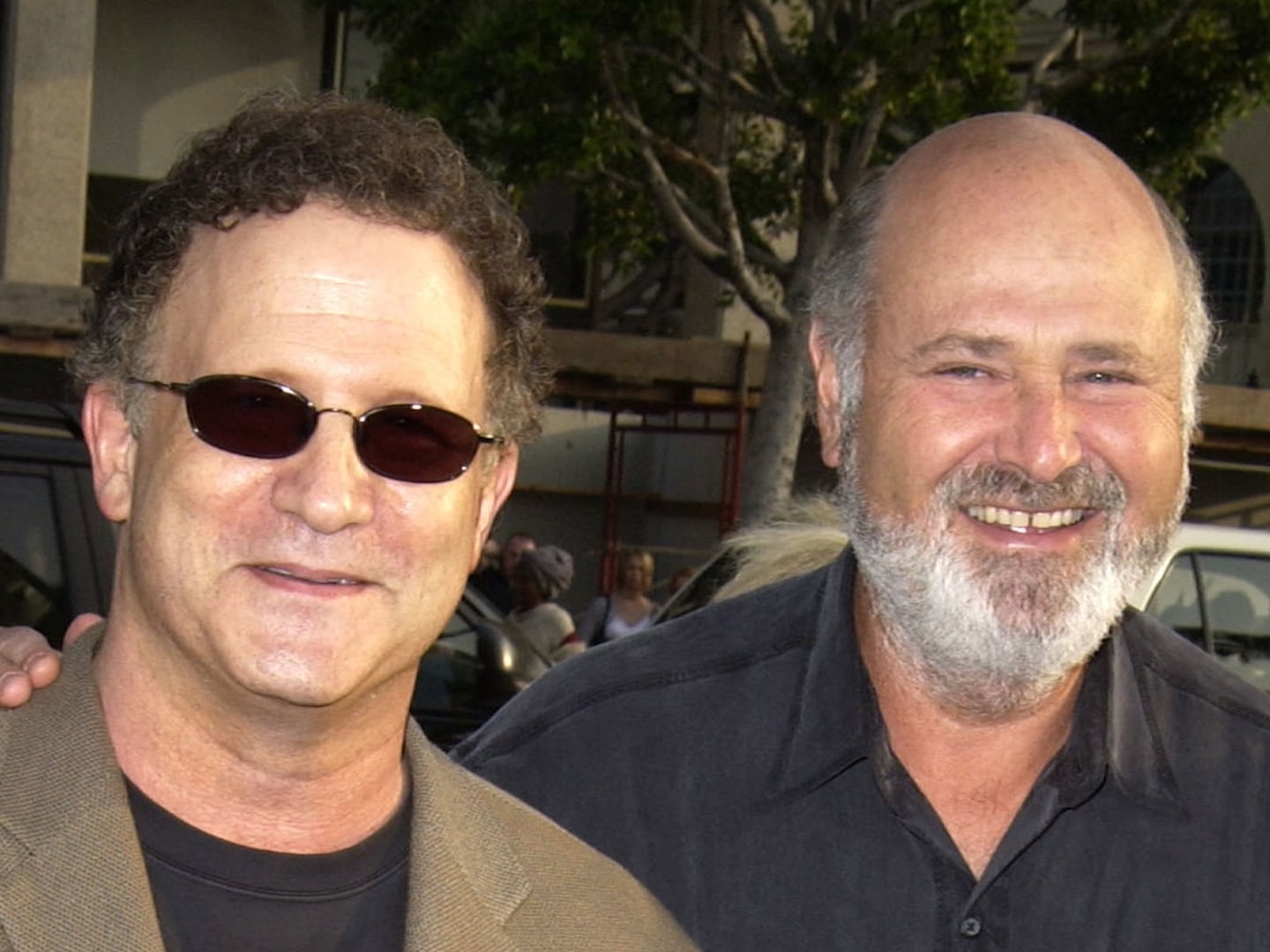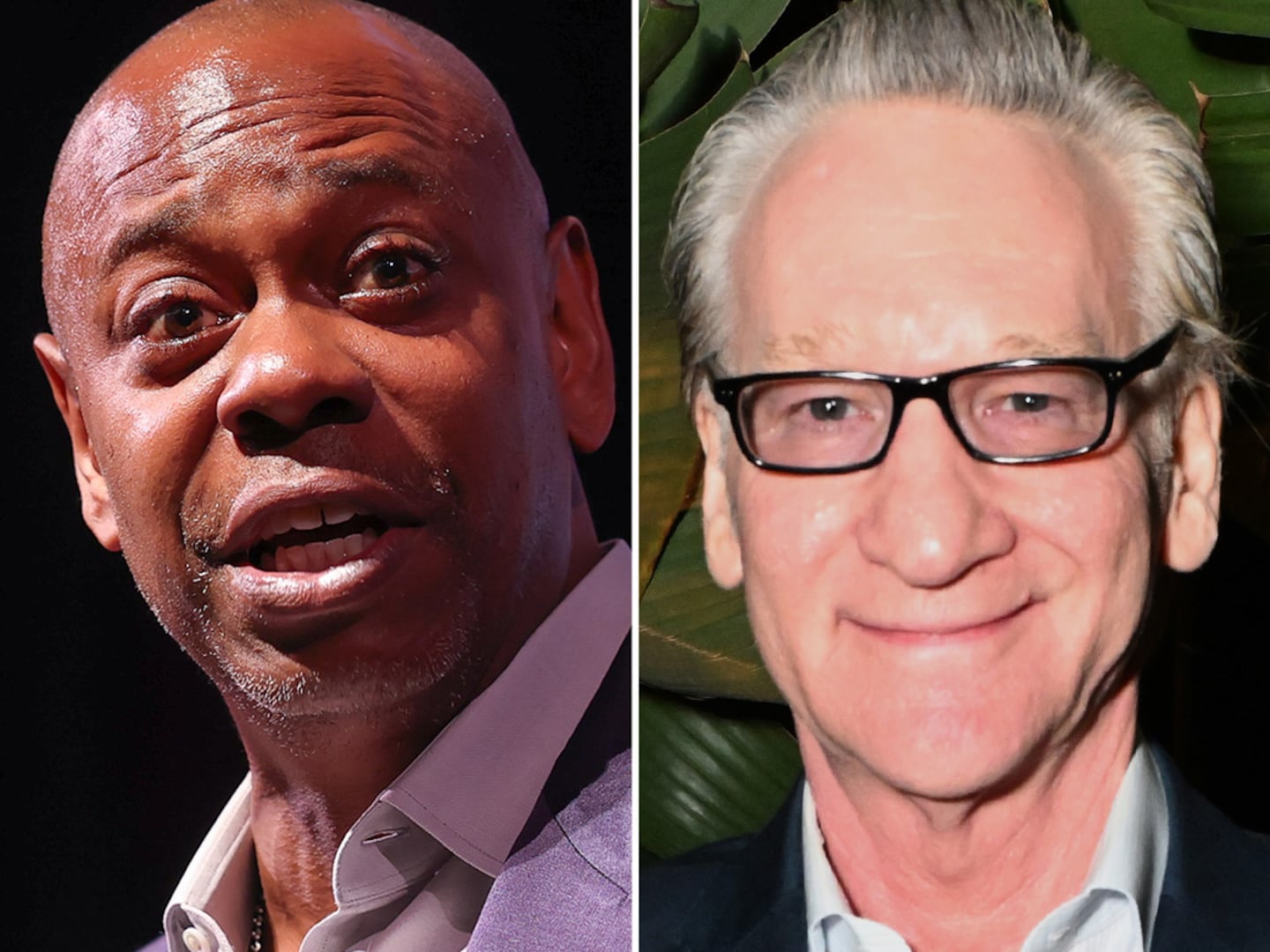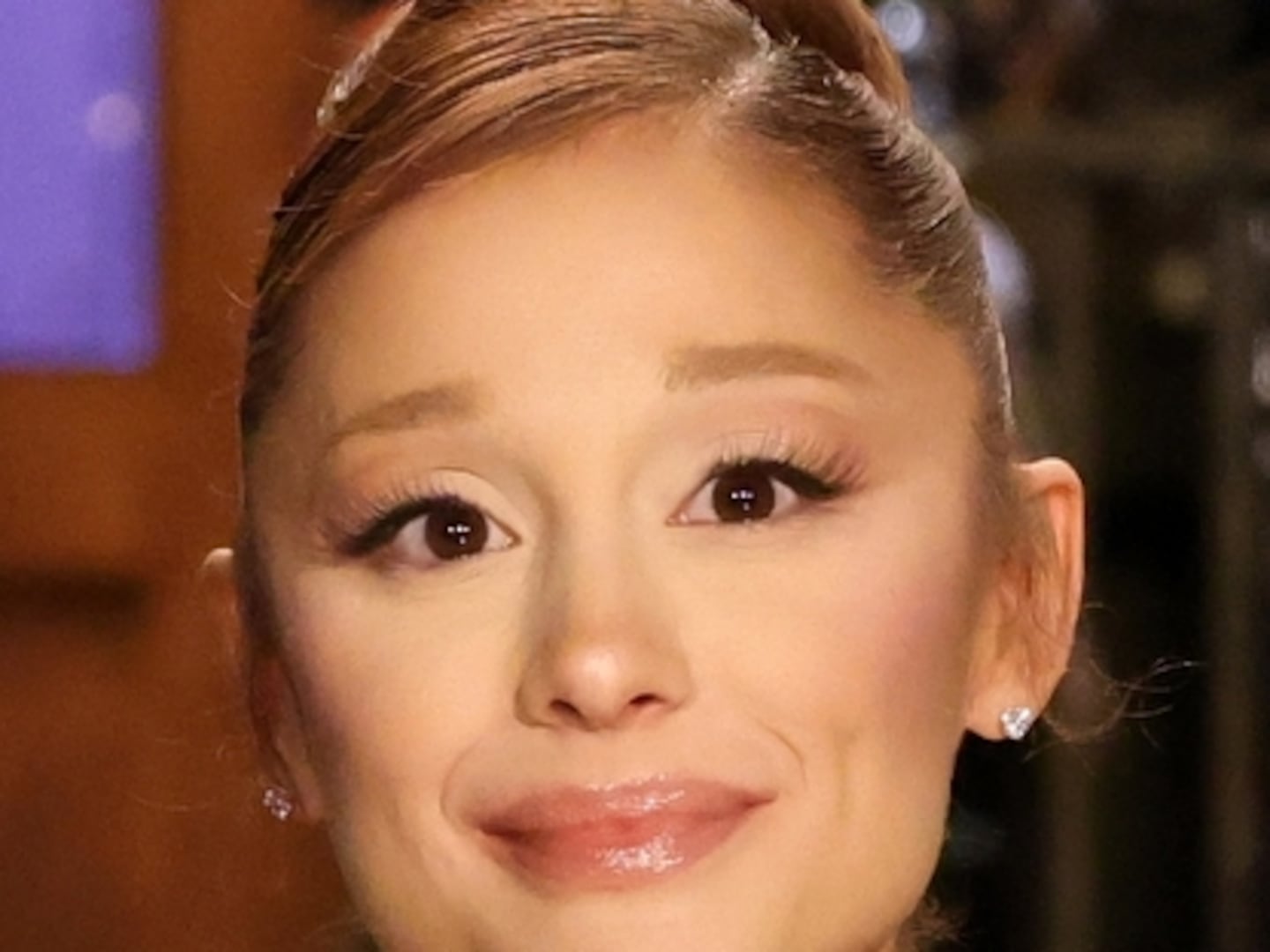Sugar is, initially, an ideal marriage of star and material, casting Colin Farrell as a private investigator wrapped up in a byzantine Los Angeles mystery involving a missing girl, corrupt Hollywood cretins, and shadowy operators on both sides of the good-bad divide. It’s Raymond Chandler in a post-Harvey Weinstein world of casting couch abuses and sexual blackmail, and Farrell cuts a perfect figure as a noble and sorrowful gumshoe who’s haunted by his past and boasts a deep, abiding love of the movies, such that his every expression, gesture, and interior thought proves a self-conscious homage.
Whether deliberately or instinctively echoing his cinematic ancestors, Farrell’s sleuth is a throwback with his own charismatic brand of cool, and he does much to keep showrunner Mark Protosevich’s eight-part Apple TV+ neo-noir humming—at least, that is, until a twist disastrously upends this serpentine saga, rendering it little more than a gimmicky pantomime.
It’s impossible to fully discuss that development without spoiling Sugar, premiering April 5, but there’s also no way to adequately judge this streaming effort without underscoring how drastically and deleteriously its big shocker impacts everything. From the get-go, there are hints that Protosevich’s tale is hiding an enormous secret that pertains to its protagonist John Sugar (Farrell) and the covert organization of which he’s a (somewhat reluctant) member, not least of which are a few subtle foreshadowing comments. Nonetheless, no amount of early suspicions can mitigate the blow of the eventual bombshell, which is at once ill-fitting, silly, illogical, and unnecessary—a rare misstep superfecta that sullies, in hindsight, the preceding action. In other words, regardless of how enticing Sugar seems at outset, prepare for inevitable disappointment.
Still, it does get off on the right foot. In Tokyo, Sugar locates a missing child for a Yakuza boss and is paid handsomely for his expert services. This assignment comes from his handler Ruby (Kirby), yet he goes behind her back, to her dismay, by accepting a subsequent offer to meet with prospective client Jonathan Siegel (James Cromwell). A famous movie producer, Jonathan wants Sugar to locate his granddaughter Olivia (Sydney Chandler), a recovering drug addict whose latest disappearance appears to be different from her prior vanishing acts.

Kirby and Colin Farrell in Sugar
Apple TV+As a man who subscribes to Sight and Sound, Cahiers du Cinéma and American Cinematographer, and whose every idea, deed and dream is inspired by classic noirs such as In a Lonely Place, Touch of Evil, and The Third Man—which are glimpsed in fleeting subconscious clips, if not on TV and movie screens—Sugar can’t resist partnering with Jonathan. The assignment upon which he embarks, moreover, is convoluted in a manner that recalls everything from The Maltese Falcon to Chinatown, further thrusting Sugar, and the series, down an art-imitating-life-imitating-art rabbit hole.
Directed by Fernando Meirelles (City of God) and Adam Arkin, Sugar slathers on the gauzy transitions, hallucinatory montages, and cockeyed angles to a borderline-excessive degree, and its scripts are heavy on the hardboiled narration; hearing Farrell’s PI muse things like, “I’m one of the good guys. Although to be fair, good and bad can be in the eye of the beholder,” or, “There's blood in the water and the sharks are circling,” soon becomes commonplace.
Even so, the show conjures up a suitably faithful (albeit off-kilter) noir mood and attitude, much of that courtesy of Farrell, who’s tasked with playing a dashing hero rich with charm and detail. A dapper dresser who lives in a swanky hotel, can’t get drunk, is multilingual, catches flies with chopsticks, hates hurting people and guns (despite being gifted Glenn Ford’s pistol!), has an ill-defined (but worrisome, to Ruby) medical condition, and is driven to find people by the years-earlier abduction of his sister, Sugar is a cornucopia of distinctive and beguiling traits, and Farrell manages the not-inconsiderable trick of selling him as an engaging champion cut from a familiar Sam Spade/Philip Marlowe cloth.
Nonetheless, the burden of those peculiarities is something that neither Farrell nor Sugar can shoulder, especially once answers to his strange behavior and condition begin materializing. Protosevich spends the series’ first half raising numerous questions and then letting them hang so he can focus on Sugar’s pressing investigation into Olivia’s whereabouts, which brings the private eye into the orbit of a wide assortment of dubious men and women, including Olivia’s movie producer father Bernie (Dennis Boutsikaris), her former child star sibling David (Nate Corddry), and her ex-stepmother Melanie (Amy Ryan), a once-legendary rock ’n’ roll icon now struggling to control her alcoholic thirst.

Amy Ryan and Colin Farrell in Sugar
Apple TV+Sugar additionally must contend with scary psycho Stallings (Eric Lange) and random henchmen who’d just as soon see him dead, not to mention Ruby and his other pals in his covert organization, most notably anthropology professor Henry (Jason Butler Harner). These disparate individuals are knotted up in puzzling fashion, and for a time, there’s some thrill to watching Farrell’s white knight—who has a sincere desire to help others, believes in doing the virtuous thing, and loves dogs—try to untangle it all.
(Warning: Minor spoilers follow.)
Sugar is pleasurably intricate until it’s not, and following various teases about its true nature—from Sugar’s habit of shooting himself up with enigmatic drugs, to Melanie’s admission that she’s a fan of science fiction films—that turning point arrives with the revelation that Sugar and his compatriots are a long, long way from home, and in Los Angeles on an “observe and report” mission.
Protosevich attempts to meld multiple genres yet the combination doesn’t hold either narratively or thematically, and the result is that his story by and large falls apart. Perhaps if the series more adequately fleshed out its monumental right turn, it might have avoided that fate. As it stands, however, Farrell’s fine lead performance, as well as Ryan’s sturdy contribution as Sugar’s unlikely sidekick, is fatally undermined by a pointless stunt that subtracts from the show’s air of complex mystery. Things may end on a cliffhanger that leaves the door open for further seasons, but any appetite for a return engagement is undone by the sour taste left by Sugar’s central surprise.


